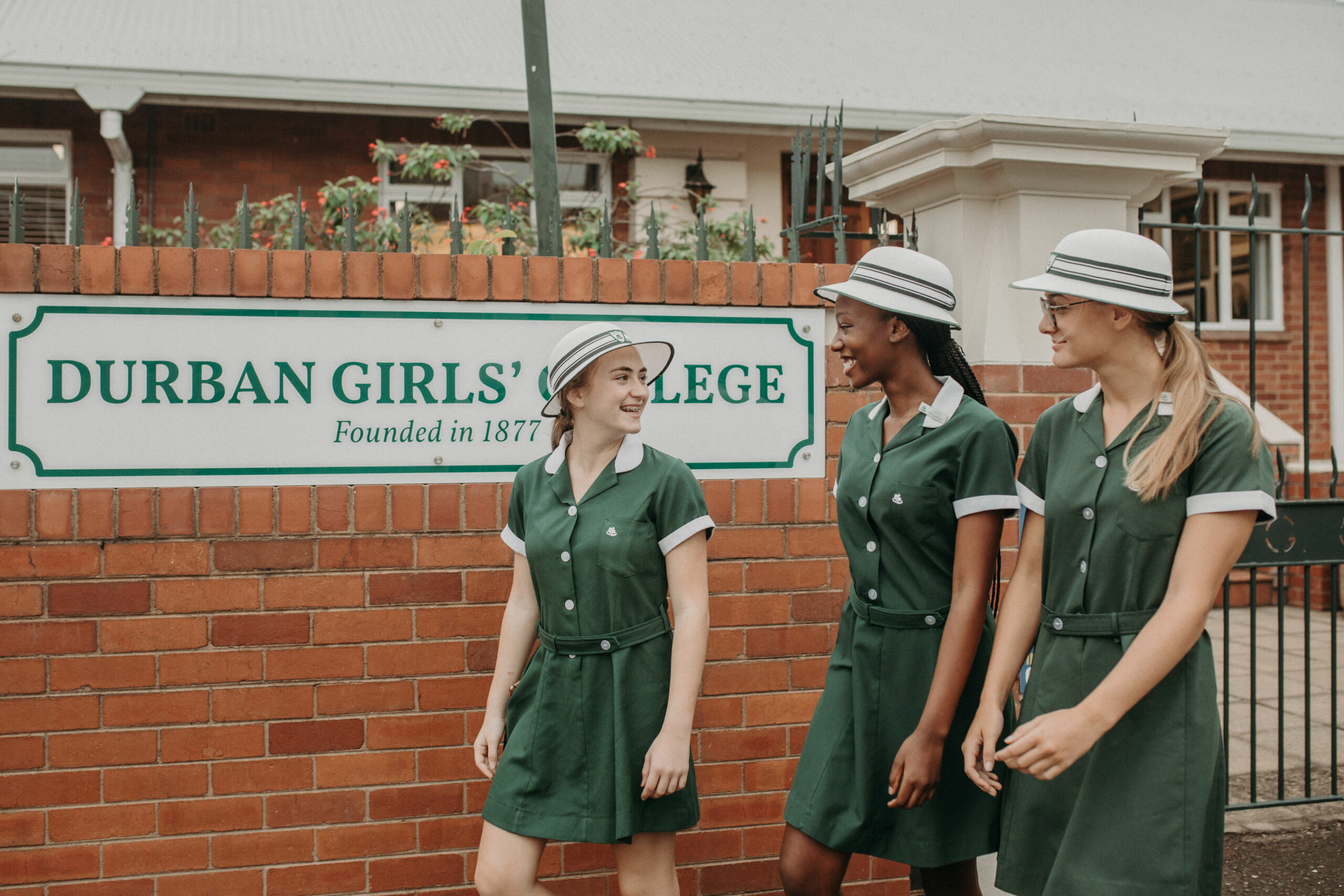News
Durban Girls’ College Confronts Its Past: From Allegations of Racism to a Roadmap for Change

‘The Journey of Transformation’: Durban Girls’ College Works to Rebuild Trust
Allegations That Sparked a Reckoning
Durban Girls’ College long known as one of KwaZulu-Natal’s most elite independent schools is still navigating the ripple effects of racism allegations that first surfaced in 2020. At the time, former and current pupils spoke out about discrimination, lack of diversity among staff, and what they described as deeply rooted institutional biases.
Those complaints forced the KwaZulu-Natal Department of Education to step in. Officials met with school leadership, and in a rare move for a private school of its stature, DGC acknowledged in writing that institutional racism existed within its structures. That admission, according to acting education governance director Mandla Shangase, marked the beginning of a monitored transformation process.
A Five-Year Plan Under Scrutiny
Speaking to the Education Portfolio Committee, Shangase explained that the school submitted a formal report titled “The Journey of Transformation”, outlining reforms from 2020 through 2025.
Among the changes:
-
Diversifying the Board: The board of governors now reflects broader demographics and professional expertise. Members are nominated by stakeholders such as the Parents’ Association and Alumni Association, and they serve pro bono.
-
New Transformation Structures: A sub-committee focused on transformation, inclusivity and diversity has been formed. Its mandate is to drive systemic change and monitor progress.
-
Ethics and Reporting Improvements: A policy was introduced to regulate the acceptance of gifts by educators an issue previously ignored. The school also set up the Silalele Helpline, an anonymous reporting channel that has already surfaced past and current grievances from pupils.
“We now understand what these girls have gone through,” Shangase said. “But the proof of the pudding is in the eating, that’s why a monitoring and evaluation team has been set up.”
This team will meet with learner leaders, board representatives, and transformation consultant Mr Khumalo to assess what has actually changed on the ground.
Parliament Not All in Consensus
Not everyone is satisfied with the focus on DGC. Committee member Sakhile Mngadi argued that resources should not become overly consumed by one high-profile school when other institutions face “far more pressing crises”. His comment reflects a broader concern about how attention is allocated within South Africa’s education system.
Still, department officials maintain that elite schools must also be held accountable, especially when claims of exclusion and institutional racism come from within their own communities.
The School’s Response: “Transformation Is Ongoing”
In a statement, the DGC Executive and Board of Governors highlighted key milestones they believe show genuine progress:
Alumni Reimagined
The Alumni Association is being reshaped to be more inclusive and actively connect with current pupils. It continues its historic outreach work with Enkuliso and Ekujabuleni nursery schools relationships that span more than 80 years.
Sakhizwe Committee Expands Voices
The Sakhizwe Transformation & Inclusion Committee includes pupils, alumni, educators and board members a shift from top-down decisions to shared input.
Wellness as a Priority
Citing burnout and mental health concerns in schools worldwide, DGC is appointing a Head of Wellness to support the emotional and psychological needs of staff and students. Internal research focused on “wellness and belonging” is now shaping policies.
IsiZulu Gains Ground
Demand for isiZulu tuition has grown, and the school has doubled the number of classes a symbolic and practical step towards cultural inclusivity.
“While transformation is an ongoing journey, we are confident in the meaningful progress achieved to date,” the Board stated.
Beyond Policy: Will Culture Catch Up?
While the structural changes look promising on paper, many former pupils and some parents, say the real test lies in whether students of colour finally feel a sense of belonging. Past criticism called out not only representation at leadership level but also daily classroom experiences, hair policies, disciplinary bias, and social exclusion.
The establishment of the Silalele helpline appears to have given some learners space to share incidents that were previously hidden or dismissed. Human rights advocates say that tool alone could reshape school culture if taken seriously.
Transformation in South African Schools: A Bigger Picture
Durban Girls’ College is not alone. Across the country, former Model C and private schools have faced similar reckonings since the #BlackLivesMatter movement reignited conversations around race in 2020. Institutions like St Anne’s, Bishops, Pretoria Girls’ High and Herschel have had to confront histories many preferred to leave unspoken.
As DGC moves into the next phase of its plan, the question is no longer whether the school is listening, but whether it is prepared to change deeply embedded norms.
For many in KZN’s education circles, this story isn’t just about one school. It’s about whether South African private education can meaningfully open its doors, not just to diversity on paper, but to shared ownership of space and identity.
{Source: IOL}
Follow Joburg ETC on Facebook, Twitter , TikTok and Instagram
For more News in Johannesburg, visit joburgetc.com















